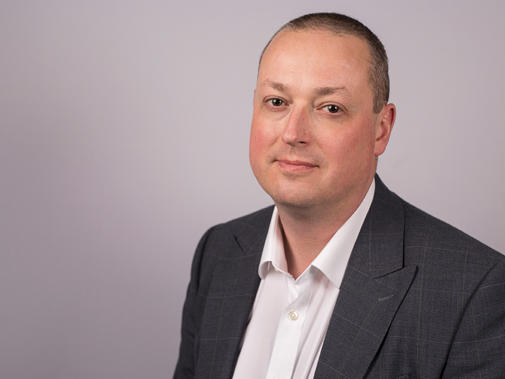As the days shorten and the COVID-19 pandemic persists, our wellbeing has never been more important.
This applies to senior doctors such as consultants as much as it does to anyone. While we are often seen as figures that cope and hold the stress and difficulties for others so that good quality patient care happens (and while we propagate that to keep a fractured and inadequate system going), we must acknowledge that we need to look after ourselves too.
BMA surveys have shown alarming rates of burnout, anxiety, and depression among doctors and the situation is deteriorating as this year’s pressures continue.
From medics working in emergency care, ITU, and on general wards with COVID-19 cases to those in other specialties such as psychiatry or specialist surgery, we have all seen unwelcome changes and pressures with altered work patterns, increased suffering among our patients, and an inability to provide the care we would like to and indeed need to.
Many colleagues in our teams have been suffering too and as leaders we are often the source of support for them also, and rightly so.
But there is only so much we can give, and we must look after ourselves through this literal and metaphorical dark period.
It is important to do this for ourselves as human beings as well as doctors and to do it for our friends and families.
We all know what we should do but it is hard to find the time and headspace when so much is expected of us and times are so hard.
Exercising, limiting alcohol, spending time with friends and family (however we can at present!) are all good.
Spending a bit of time in the outdoors, even if cold and damp, helps. Keeping up hobbies and interests too. Even doing one or two of these things can be enough.
If you are reading this and are worried about yourself, check in with someone you trust; it doesn’t matter who. People don’t mind, quite the opposite.
If you are stressed, worrying and finding it hard to switch off, not enjoying things you usually do, or struggling to sleep these can all be signs you need help, or at least need to take stock, think, and change something.
The BMA has led the way in providing and expanding support services with help from a number of organisations. The main places to go are listed here – please do use them.
Read more: Our mental health charter
Andrew Molodynski is BMA mental health policy lead

